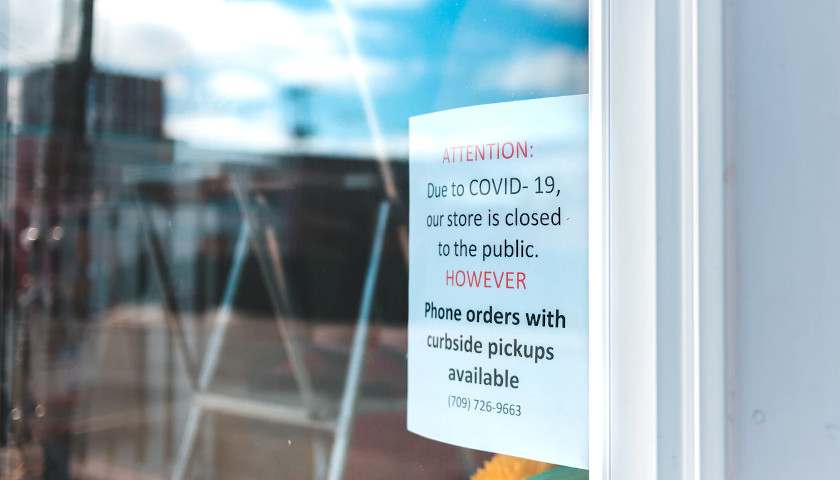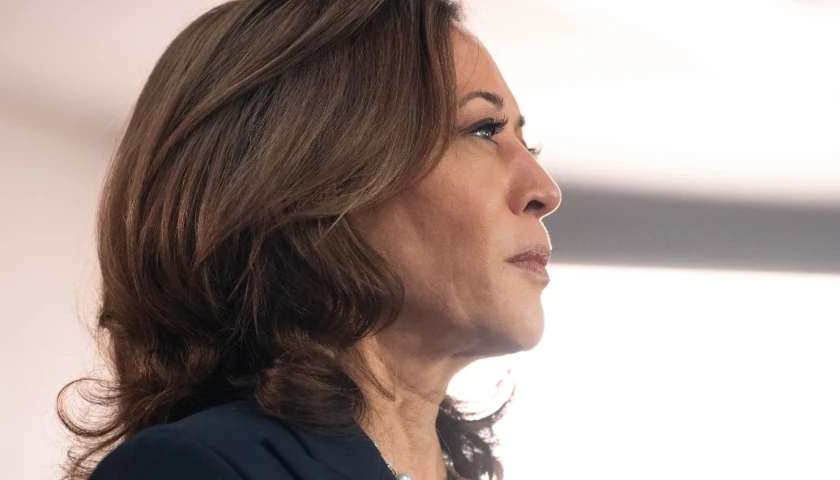by Bruce Walker
Pandemic restrictions forced 32% of Michigan businesses to close at least temporarily, the most of all 50 states in the nation, federal data show.
Only Puerto Rico, a U.S. territory where 50% of businesses closed, ranked higher.
Nationally, government-enforced lockdowns closed 19% of businesses, as reported by the U.S. Bureau of Labor Statistics based on private-sector data compiled between July 20 and Sept. 30. The BLS notes Michigan was followed closely by Pennsylvania (30%); Washington (27%); Vermont, Hawaii and New York (26%).
The BLS reports only six states – South Dakota, Arkansas, North Dakota, Utah, Wyoming, and Nebraska – saw fewer than 10% of businesses closed in response to government mandated restrictions.
Nationwide, 62% of businesses received a loan or grant to help make payroll, with Michigan (63%) trailing the nation’s highest percentage state in the same category: Alabama and Hawaii (67%). By contrast, the District of Columbia (55%), Montana (57%), and New Mexico (57%) had the lowest percentage of businesses that received a loan or grant.
Gov. Gretchen Whitmer has unsuccessfully appealed to the state legislature to draft a bill that would appropriate $100 million in relief funds for Michigan businesses and residents as well as permanently extend unemployment benefits in the state.
In the meantime, the state continues its latest lockdown, which began in mid-November.
Michigan’s Department of Health and Human Services instituted the three-week prohibition on indoor gatherings of 10 people or more on Nov. 15, and extended those rules until Dec. 20. Businesses caught violating DHHS rules may be subjected to fines of $1,000 a day.
Amy Heikkinen, for example, is a single mother of six children and owner of Café Rosetta in Ahmeek.
“As a single mom, newly divorced with six kids that only knew welfare, Café Rosetta gave me a place to focus my energy,” she said.
“Nine years later,” Heikkinen continued, “I built a successful business, and I am independent.”
Heikkenen said she’s facing a $1,000 fine for each day she opens her restaurant. She defends her choice as necessary to support her family.
“It is my responsibility to take care of my family,” she said. “We want to celebrate Christmas and just pay our bills. That is all we are asking for here.”
– – –
Bruce Walker is a regional editor at The Center Square. He previously worked as editor at the Mackinac Center for Public Policy’s MichiganScience magazine and The Heartland Institute’s InfoTech & Telecom News.





